Search
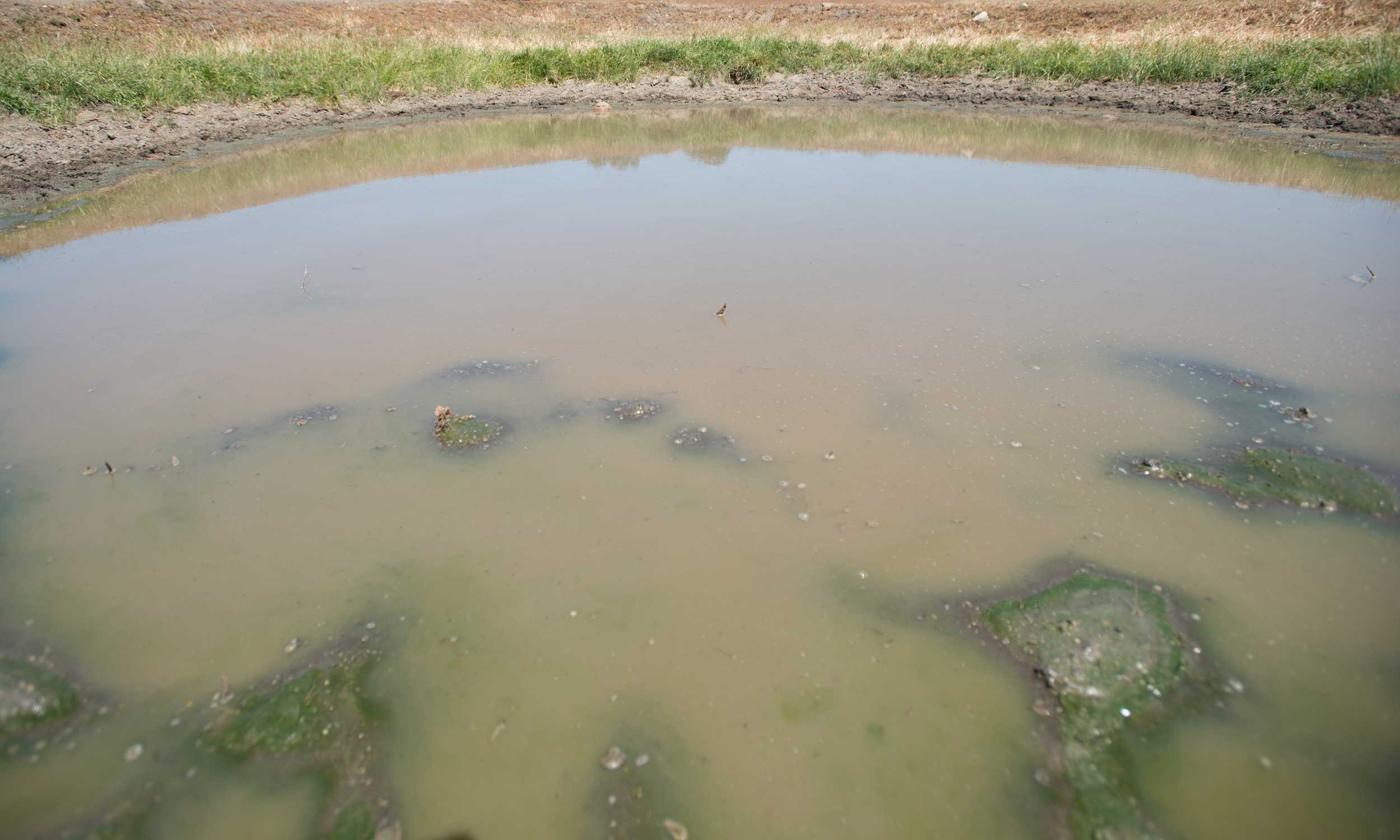
How Important Is Water Quality to Livestock?
Water is the most important nutrient to all livestock animals and is sometimes overlooked. Poor quality water can have a negative effect on growth, reproduction, and general productivity of the animal.
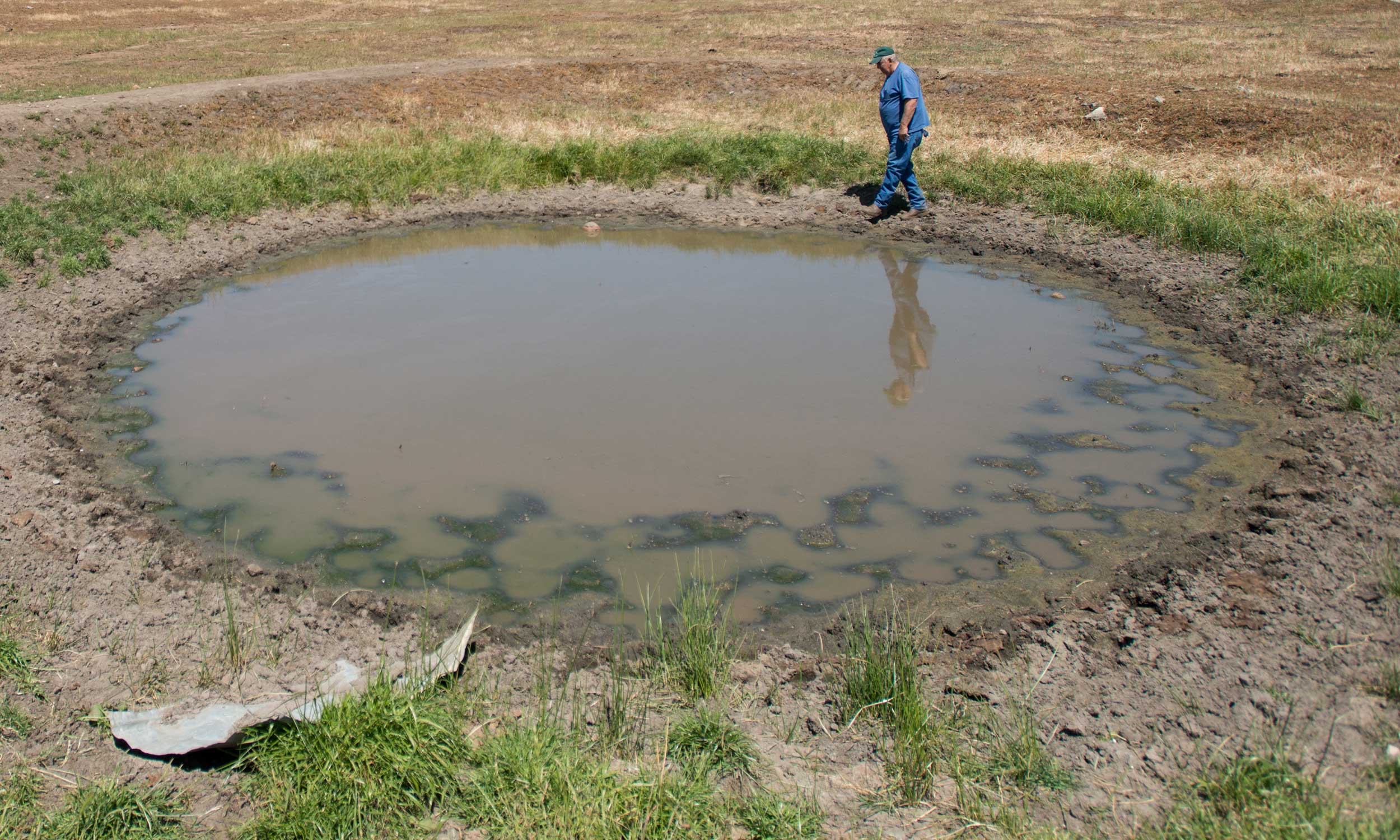
How Do Sulfates in Water Affect Livestock Health?
Poor-quality water will cause an animal to drink less. As a result, they also consume less forage and feed, which leads to weight loss, decreased milk production and lower fertility.
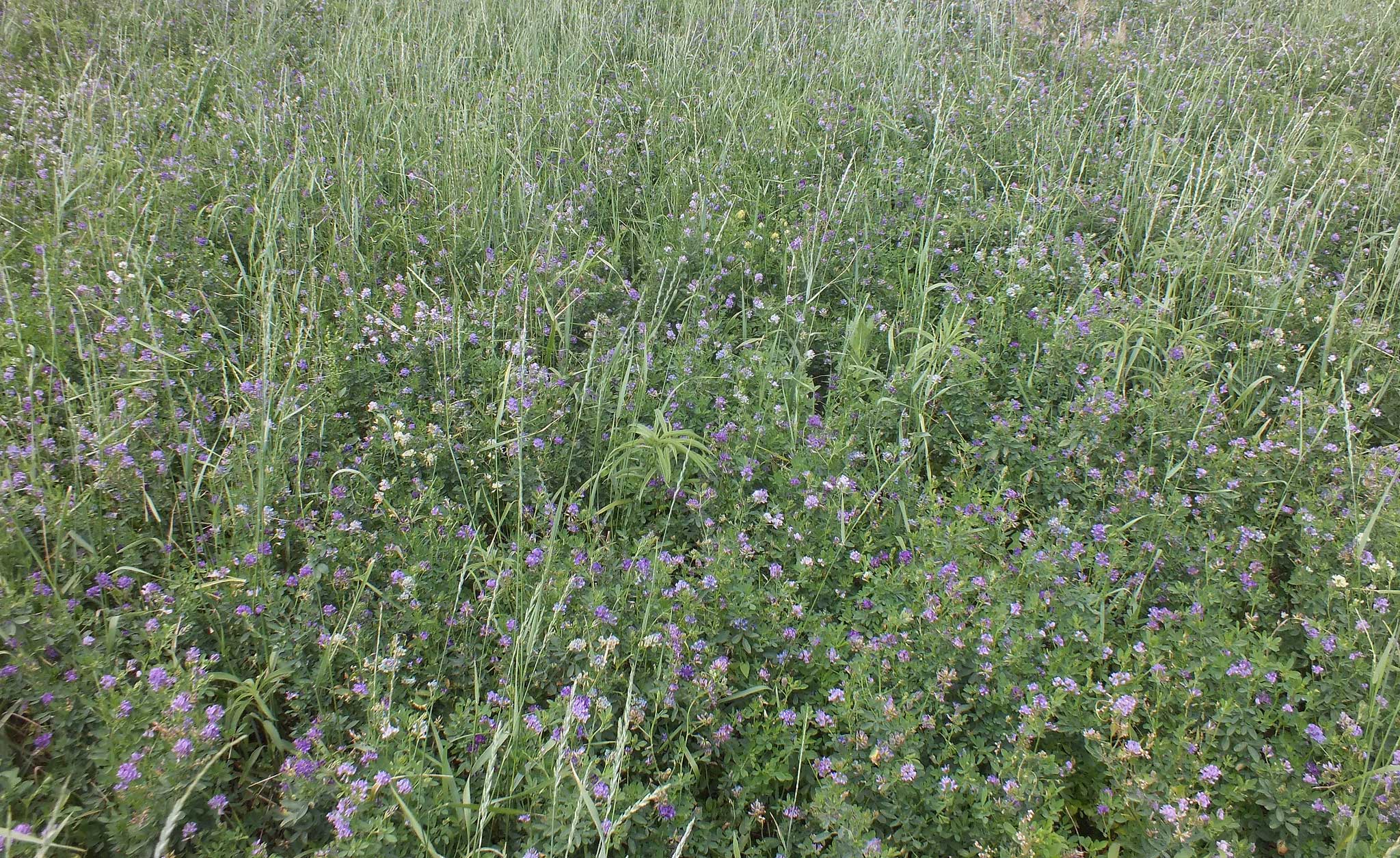
Precautions for Grazing Weevil-Infested Alfalfa
Alfalfa weevil populations are high this year, creating challenges for producers. Questions have arisen on how to get some value out of the forage by grazing it rather than putting it up for hay.
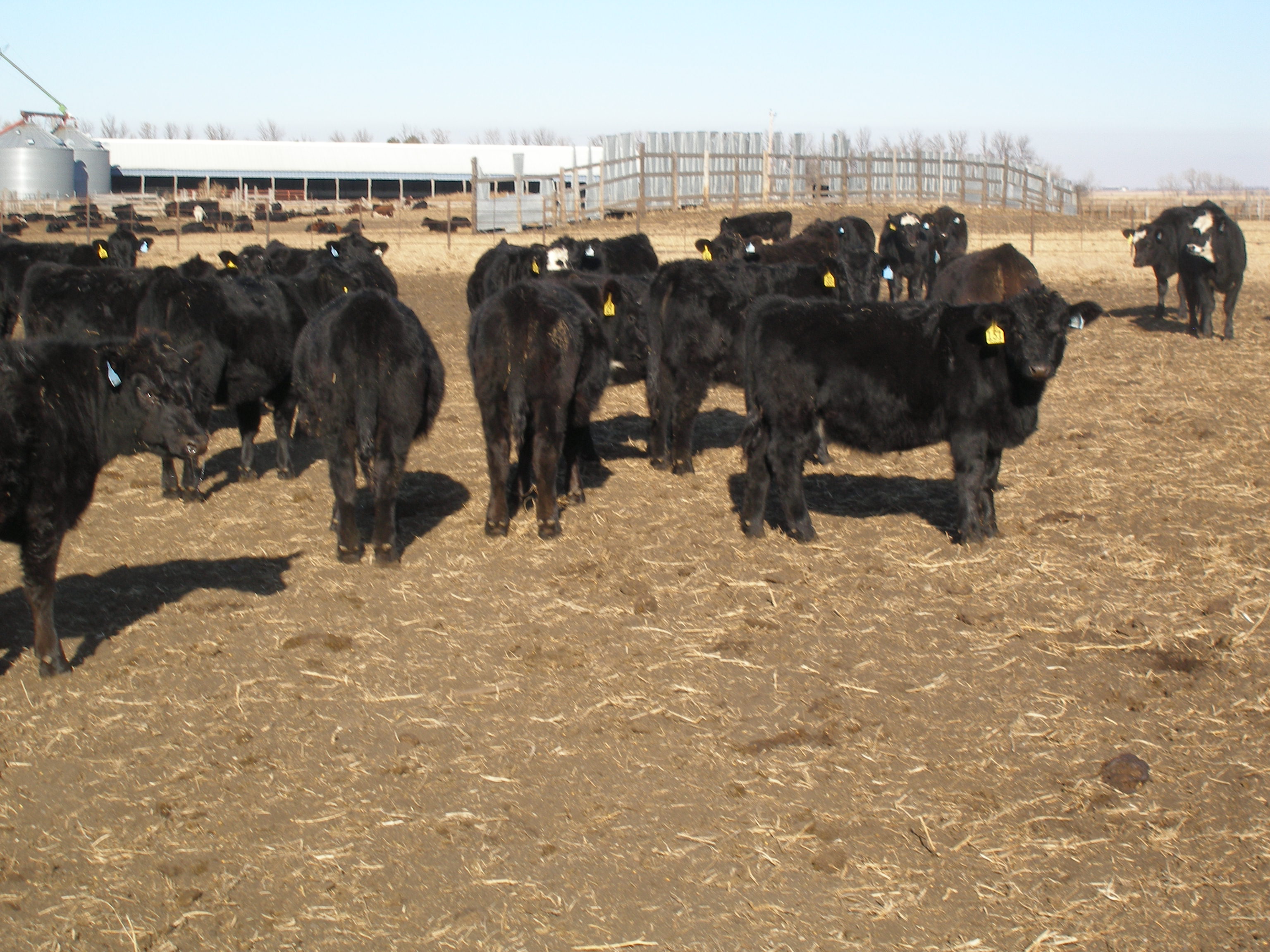
Using Feedlot Manure as a Crop Nutrient Source
Factsheet that reviews the steps to obtain a manure application rate based on crop need, soil and manure testing.

Summer 2020 Climate & Drought Outlook
August 26, 2020
With alternating cool and warm weather patterns throughout the last few months and the summer season ahead, temperature continues to be a challenge for climate forecasters in South Dakota.
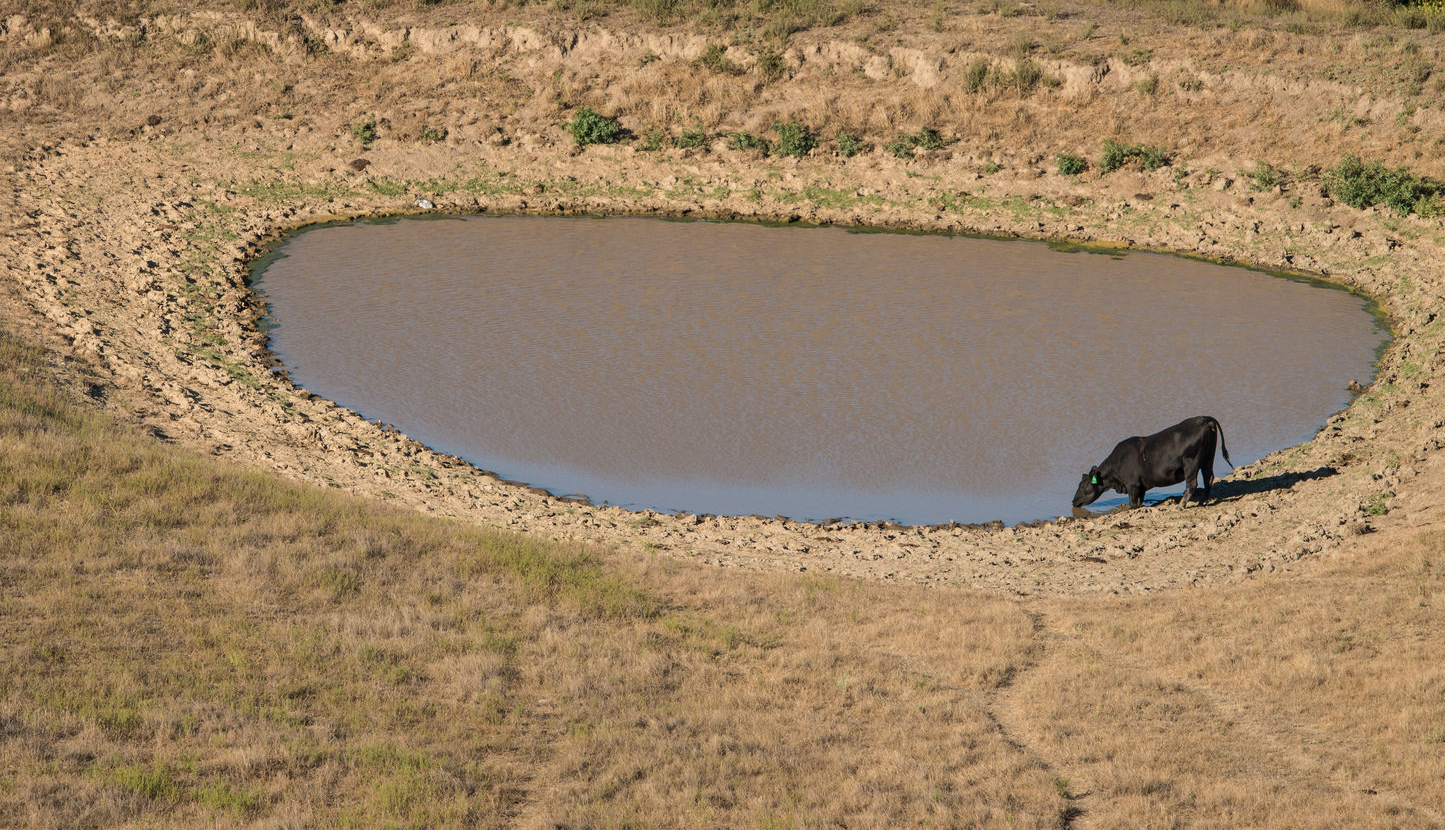
Feed & Water Testing Laboratories
A partial listing of available feed testing laboratories.
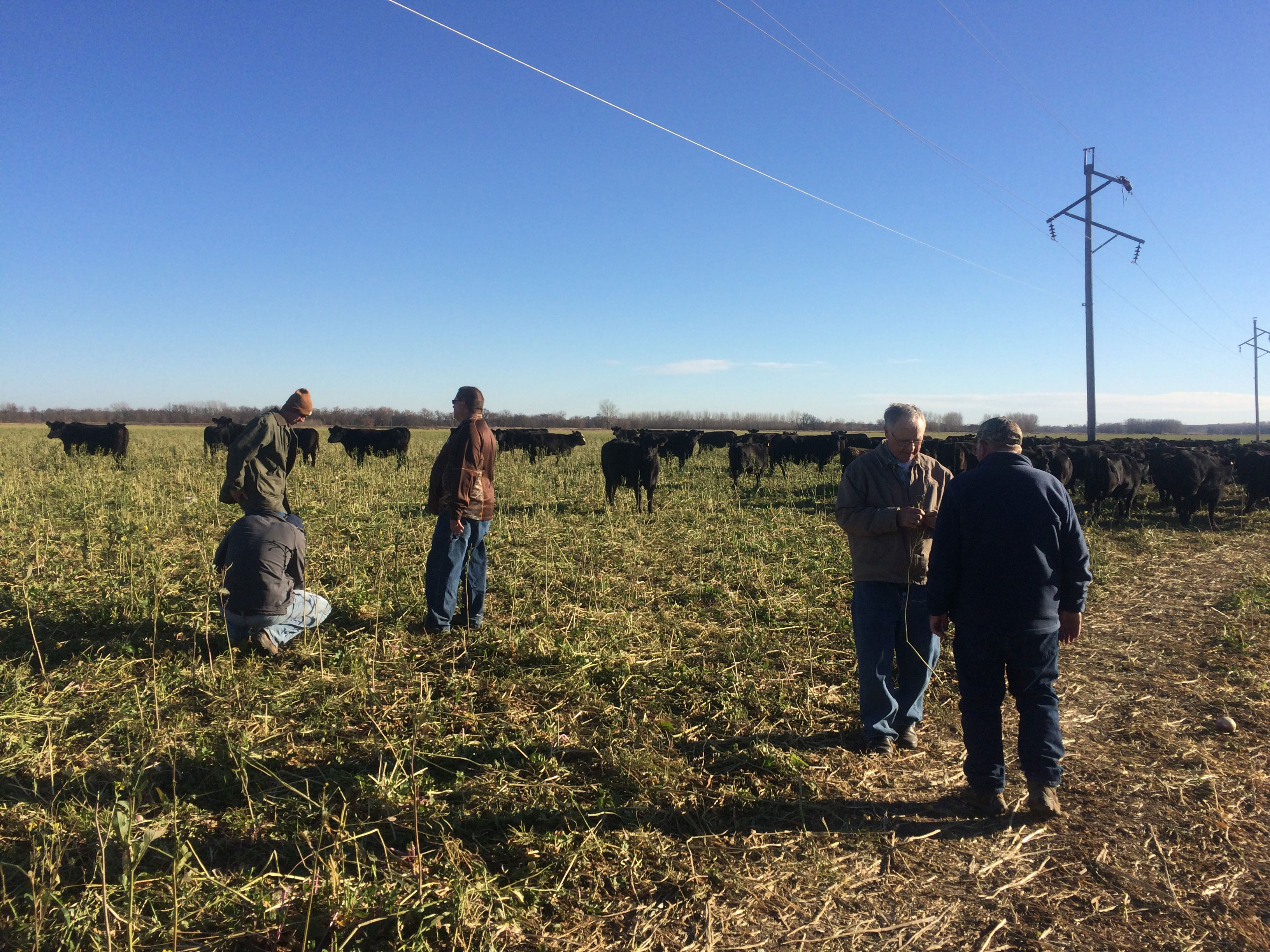
Managing Soil: Maximizing Profit Conference Set for Dec. 7
November 19, 2021
South Dakota State University Extension and the SDSU Southeast Research Farm will host a seminar for growers interested in soil health, regenerative agriculture and livestock inclusion in these systems.

Soybean Gall Midge in South Dakota
Fact sheet about soybean gall midge in South Dakota
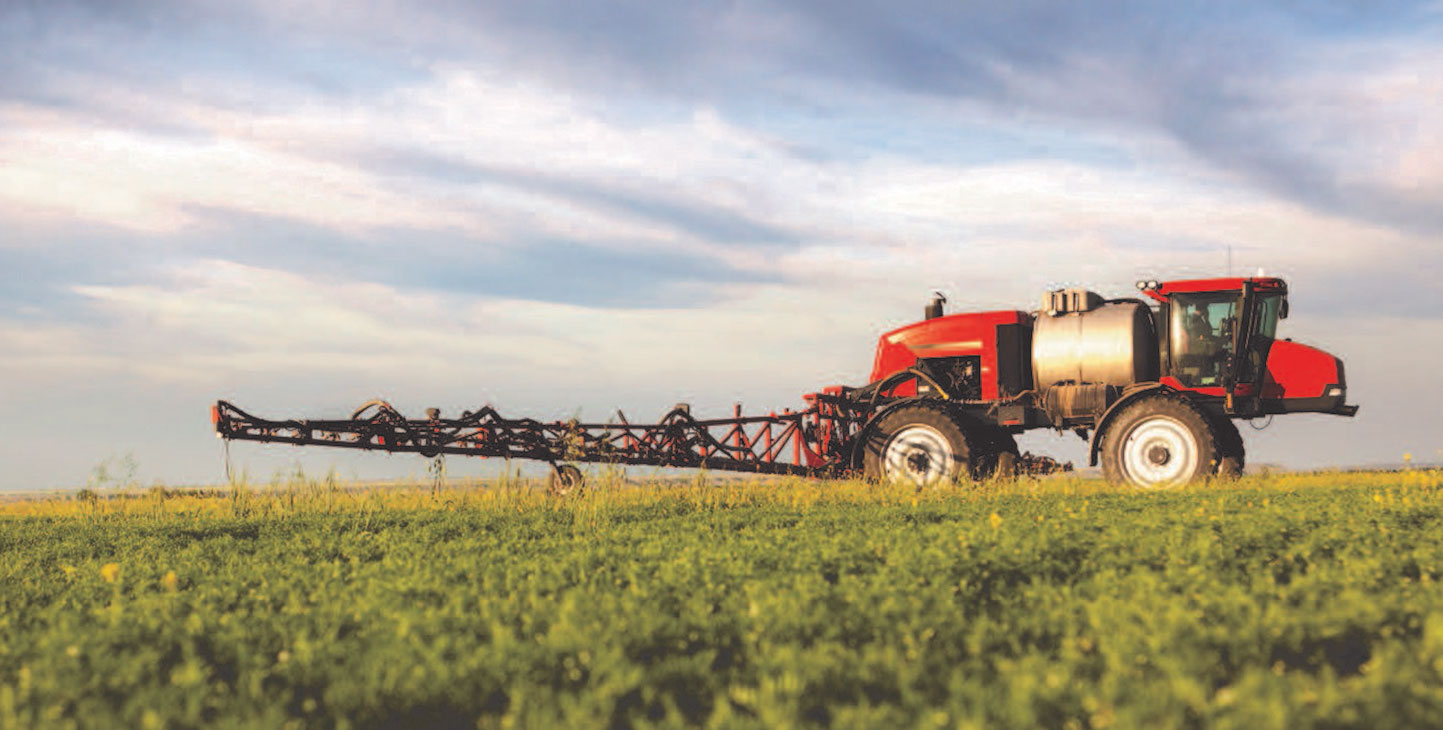
Commercial Pesticide Applicator Training
Those who apply pesticides for hire or as a government employee that applies pesticides while performing work duties, must have a commercial applicator license.
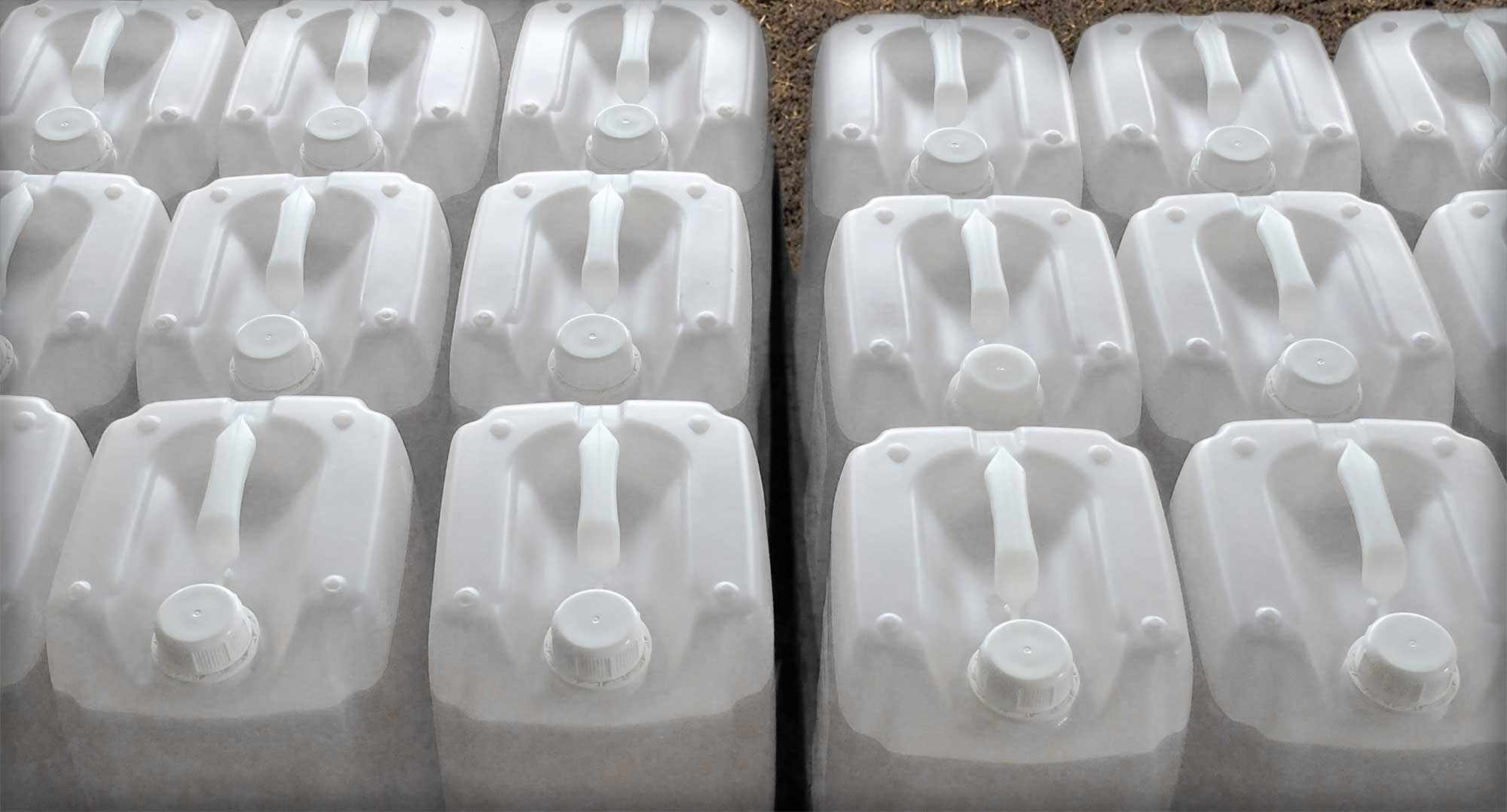
Private Pesticide Applicator Training
Private applicator certification is required before an agricultural producer can purchase or use a restricted use pesticide.